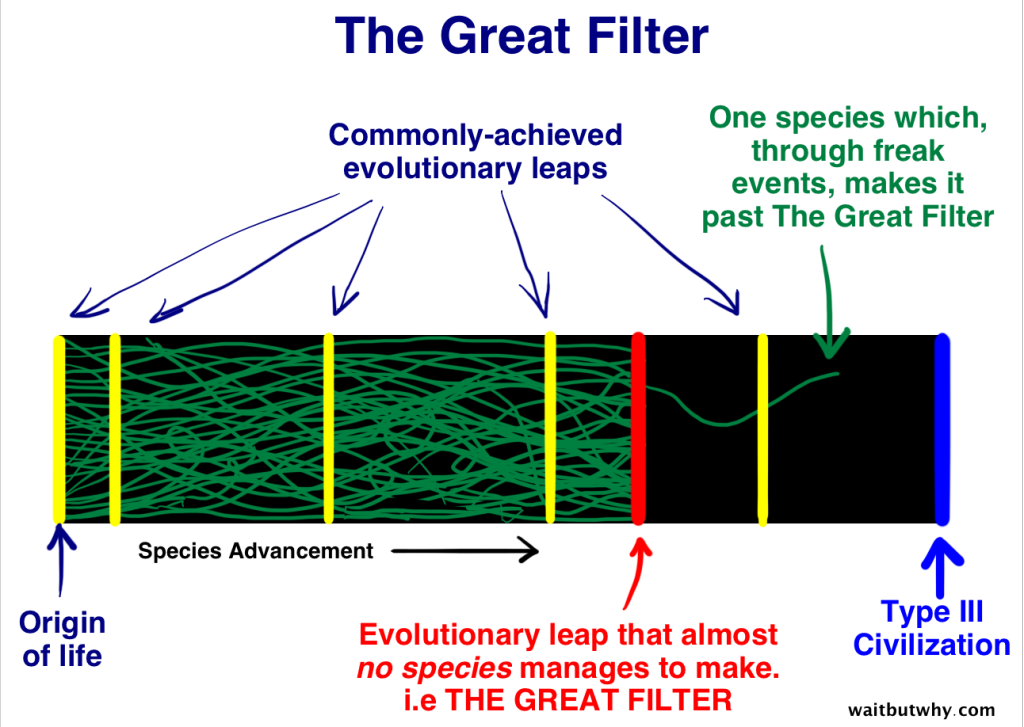Heuretics:
Ulmer states, “When anomalies accumulate to the point of putting the paradigm in question, revolutionary science emerges in original hypotheses formulated by certain creative individuals. Gerald Holton (1973), historian of science, studies such creative figures to understand the ability to think beyond a paradigm.”
In history, there are periods of transition where knowledge and idea blooms. The Renaissance, the age of discovery, cultivated the rebirth of arts and sciences and the most influential figures that still shape our thought. In another example, the Industrial revolution was a massive shift to mass production of consumer goods influenced by Rockefeller, JP Morgan, Carnegie, and Ford.
Q: Who do you think are the ‘creative figures’ of our present time, and are they contributing to the paradigm shifts in the same manner as preceding our creative figures?
Theopraxesis:
Ulmer says, “Kant proposed for integrating dissociated faculties, such as in the extreme breakdown of the sublime, when circumstances overwhelm both the archive of concepts and the productive imagination, as become the norm in formless conditions of alienation.”
Q: Is the use of existing concepts impairing our capabilities and judgment, resulting in stagnation?
These questions are linked to a section in Heuretics where he mentions that “a society that supports individuals’ capacity to choose their own life possibility will prosper economically.”
Q: Will breaking social norms allow for a society that thrives synchronously with productivity and economic prosperity with the outcome of happiness?
How Language and Climate Connect By Chi Luu
Luu refers to the Linguist Michael Halliday’s argument that:
“Inherent in the very anthropocentric grammar of our language is the ideology that humans are special beings quite apart from the rest of the natural world, and that unlimited growth and human exploitation of natural resources are normal and unremarkable.”
Nature has slowly diminished from our languages. We have separated life from life itself in the sense that if nature, “it,” does not attain the sheer amount of intelligence as he/she/they, then it is unremarkable. In the world of consumption, language is altered, and the relationship with the natural world is lost in context as we forget that we were once one with nature. I believe that connecting back to the roots of nature is an essential stepping stone that will shift our future to save the natural world and humanity itself. We go through many filters and shifts through history and have lost some of the natural world that the primitive homo sapiens once utilized, such as living with the land and not off the land. The primitive homo sapiens that have preceded modern homo sapiens lived-in harmony with the natural world, whereas modern homo sapiens slowly deplete natural resources as they dilute the language of nature.
It’s Official: A Global Mass Extinction is Under Way By James MacDonald
“It’s counter-intuitive, but some of the largest increases in biodiversity occurred in the immediate aftermath of these mass extinctions. With so many losses, the opportunities increased for new species to branch out and adapt to different habitats and ecological roles.”
Is global mass extinction inevitable? As species adapt to their environments and such environments are no longer suitable, nature responds to self-destruct and reset. This is quite overwhelming to think about, a result that we’ve structured language and technology that omits nature and climate change to avoid the reality of it all. We have become complacent to the point that altering the planet and reducing biodiversity are overlooked. Is modern homo sapiens perceptive enough to stop the cycle of mass extinction? It’s fascinating to think about the potential of surpassing the filter of mass extinctions where civilization can emerge and transform into a multi-planet species.
I thought about the theory of The Great Filter when going through this week’s readings and thought I’d post this diagram and short video:





Your first question related to Ulmer is interesting. I’d like to hear more about what you were thinking here.
The second quote is difficult. What does Ulmer mean by “formless conditions of alienation”? What is meant by formless?
Your question about happiness and productivity is thoughtful. So many difficult ideas to think through in electracy!
I love your comments on the climate change readings.